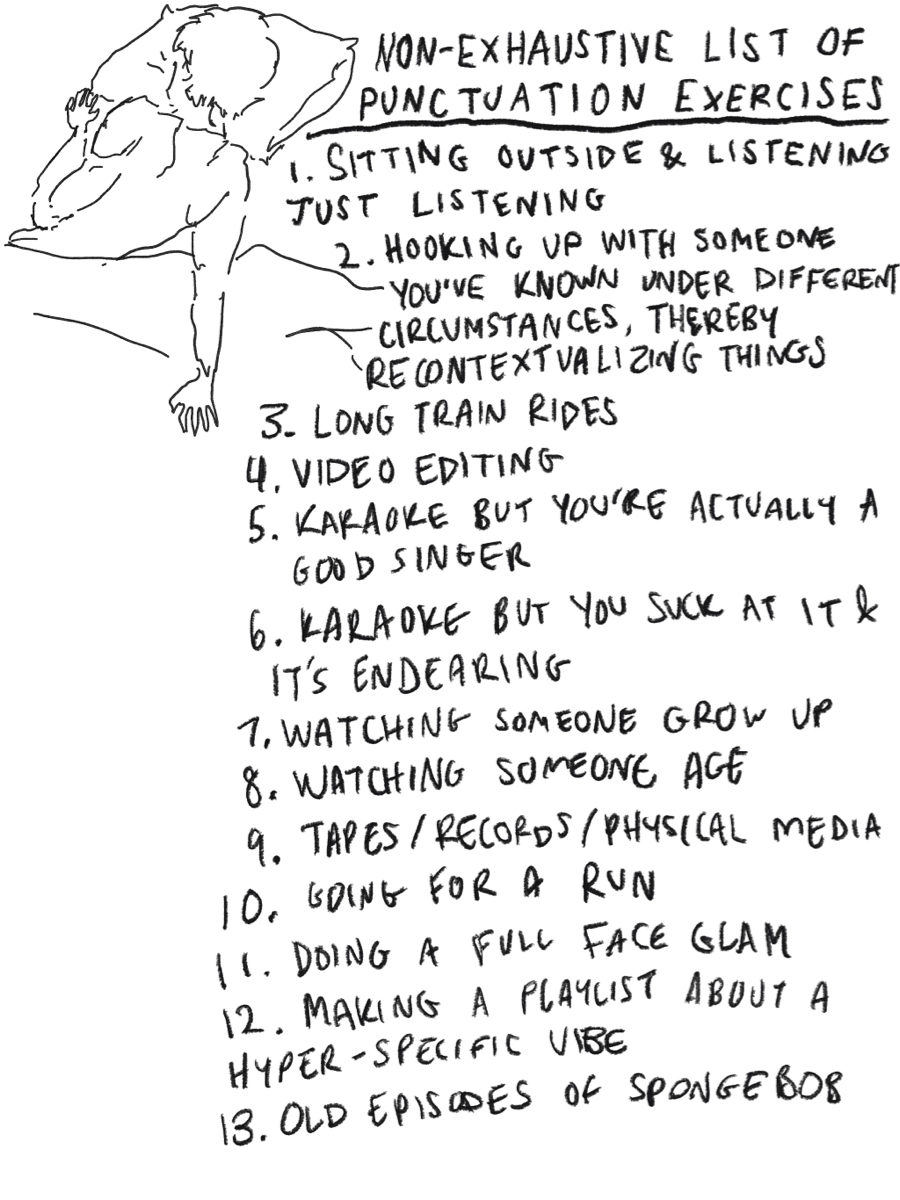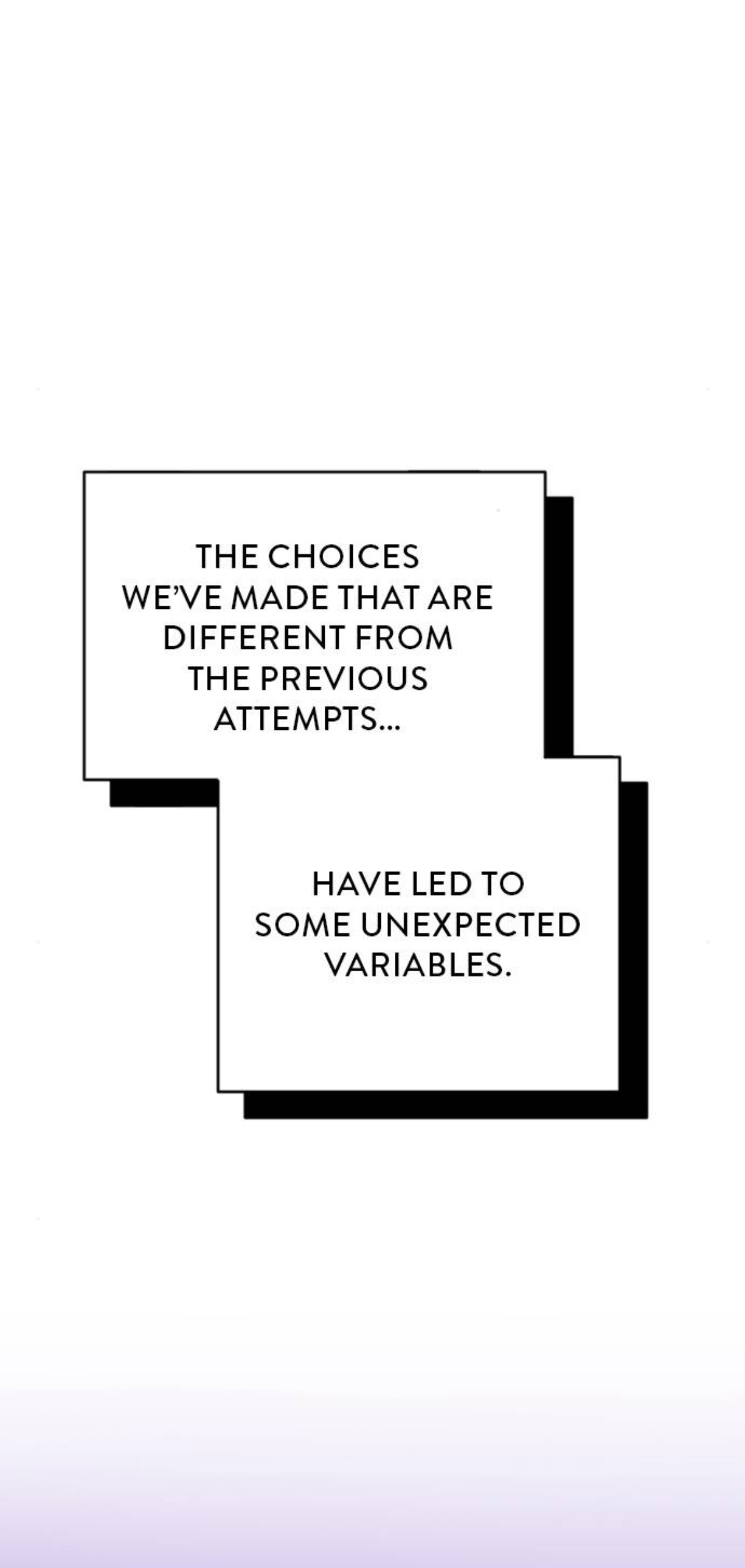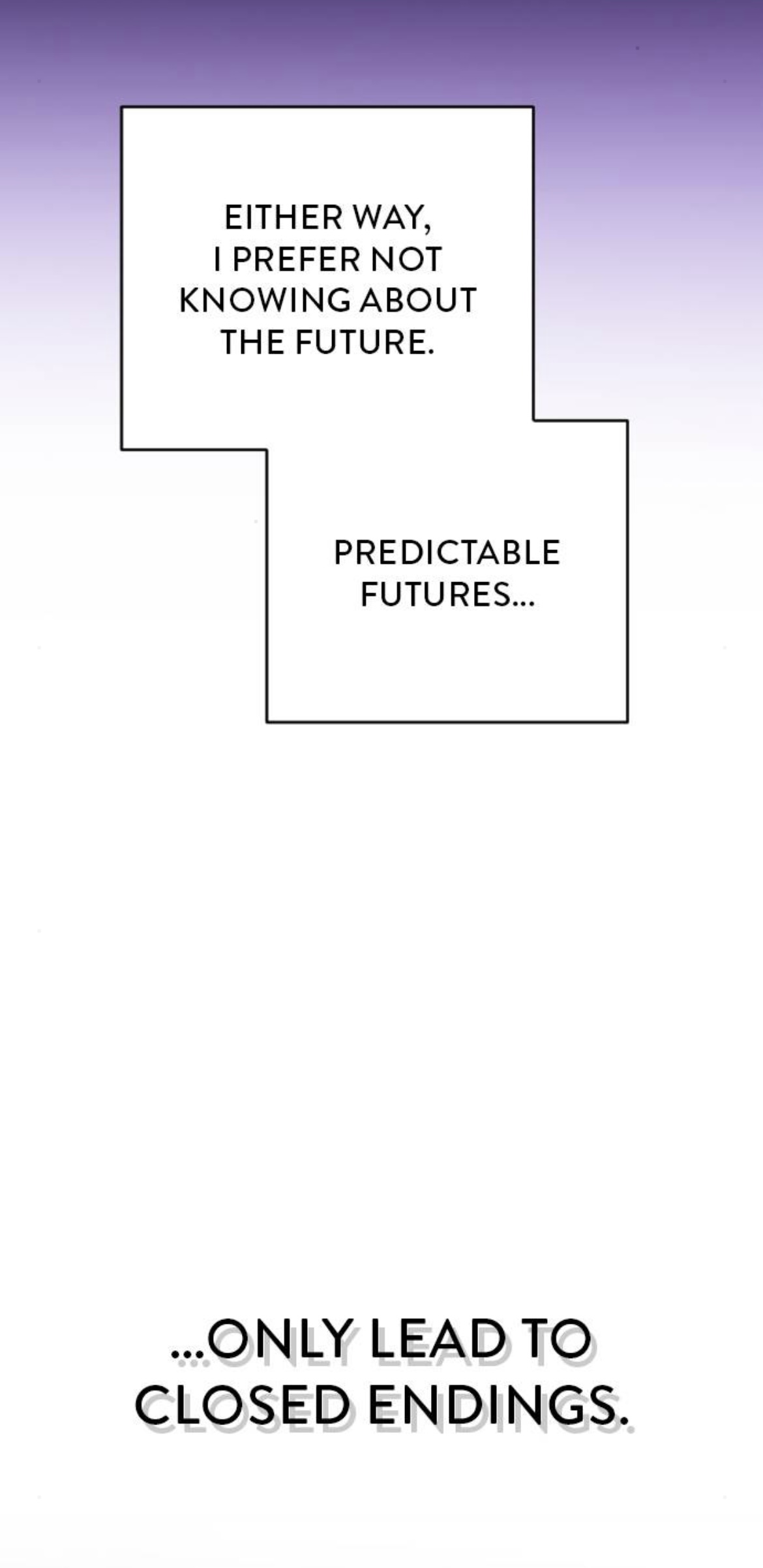Leaving the land of the half-buried giants
an achingly vulnerable nonlinear postmortem
All that and I still wanted to give a talk. It felt necessary. That’s what my we’enh Jim always said about anything he said or did: is it kind? Is it true? Is it necessary? He had a way-of-being that felt unattainable to me when I was younger, full of piss and vinegar. Then I got older and did something horrible and the people still forgave me and I understood. So I try. I try. I talk a lot of shit but my intentions there are that I’d say it to your face. I would. I’d say it to your face and back it up with my body if I had to.
So it went that my father returned with me to the land of the half-buried giants. I kept asking people, including Robin Wall Kimmerer, who lived there, what the original name of this place was. There was a stream called White Sucker Brook or something to that affect. No suckers, though. Somehow I knew this place wasn’t called Sucker Island or Suckerfish. Robin, who is Nish like us, didn’t know, either. Okay, well, she’s Potawatomi, but that’s basically Nish. My family has known some of her family for quite some time. On one of my last days there, she and I had a strange, circular, subversive conversation about the ways in which the settlers like to consume us.
“This thing you’re talking about,” she said, swallowing a bit of her salad, “this… this energy. I wonder if it’s something people strive for? Thrive with? Or is it something we… endure?”
I thought about it. I don’t think hard, I think soft. I spread my mind out on the walls and floors and ceilings like dust or sunlight filtered through Venetian blinds.
“I suppose,” I began, “when you’re estranged from your family. When you’re estranged from what’s real. The obsessive consumption, the shiny of it all, it feels a little like love. No, you think it’s love. We think it’s love because we’re being watched, right? And picked at and fawned over. And then the moment you get real love, whether that’s through your family or a partner or your friends, then you endure. Then you do what you gotta do to… to survive.”
After my talk, I visited with acting director Terrance Caviness in his cabin. We were decompressing from everything: my lecture, my health scare, the smoke, the parents and the students. I sat across from him and looked at him. When my friends ask about him later, a handful of people will ask if he seems older or younger. I’ll take a minute to reflect and say “both.” He carries himself with a guarded strength and religiosity oft reserved for much older people, men specifically. There’s a kind of never-was masculinity in the way he moves, a dream of something better. I pointed this out, actually, in conversation with the actual director of the Station, Emily.
“You have good men here,” I’d said. “They’re just… good.”
She’d furrowed her whole face and smiled at the same time. “Right? We got very lucky, I think.”
There’s also a sense of youth about him. Terrance, I mean. Before making every announcement as acting director, he’d squeeze his hands together and swing his arms back and forth quickly, shivering.
“I hate making announcements,” he’d say. To himself or to whoever was nearest.
In the cabin both the young and the old Terrance were present. In this entirety, he was exactly twenty-seven rotations around the sun.
“Your story about the little girl was a little too real,” he said. “It’s something I’ve been thinking about a lot, actually. I can accept… I mean, I feel like my role, or my purpose in life, as corny as it sounds, is to be… this. To be a supporter. To be here cultivating space for other people to do their thing. Here, in this place. This place that I love so much. This place that takes and takes and takes but gives back everything and more. But I still want to be a parent. And how do I reconcile that? It feels almost selfish, uncharacteristically selfish, to think I could be that. That I should be that.”
I shook my head. “Parenting is playing a supportive role too, kind of. Doing all that, just for a tiny person.”
Somewhere in the world, Jeff Bezos was on a yacht and Tim Cook was in a meeting. Somewhere in the world, an armada of orcas gathered in the stormy waters beneath, summoning sea-wolves and their ilk for another plot. Somewhere in the capitol, the FDA prepped their motion to approve Elon Musk’s brain implants for human testing. A pipeline leaked. A skull turned in its grave and gnashed its teeth. An old man stood in his one-room house, where he’d lived his whole life, turned on his heel, and disappeared.
And here we sat in the turmeric warmth of the what-could-be and the preordained.
“One of your students is like me,” I said, just to say something. “Experiences time and space the way I do.”
“Which one?”
“The one who asked the really beautiful questions.”
This was a trick: all of the students had asked really beautiful questions, but what I meant was that this particular student was special.
“Was she sitting…”
“He. Or they, actually, he kind of had a vibe.”
“Oh! The one who… in the back, to your right… no, left! The one who looks like a total jock but when he talks, it’s…”
“Sweet and present with a sort of gravity to it.”
“Yes! His name is {}.”
“I know! We met afterwards. We visited.” I took a sip of my seltzer and conjured the moment. “He told me he was born to a metaphysics researcher. And the way he describes time is that it’s liquid… liquid… liquid and…”
The memory came to a halt, there, distracted as I’d been by the overwhelm of attention after my talk. As my father had pointed out, these past few weeks have been the most socializing I or anyone in our family has done, even pre-pandemic. The most “being around people.” I get weird when I’m not around people for awhile and then I am. Like a dumb, preening animal I get, all “thank you” and glimmering hope and fear.
“Liquid and formless,” I finished. “That’s what he said. Liquid and formless.”
Terrance nodded. Then, tentative, “Do you always know what’s going to happen? Have you ever been wrong?”
I looked down at the floor and up at the window. Then I smiled.
Robin asked my father and I if we’d been swimming yet. The smoke was back.
The yellow fog that rubs its back upon the window-panes,
T.S. Eliot, the Love Song of J. Alfred Prufrock
The yellow smoke that rubs its muzzle on the window-panes,
Licked its tongue into the corners of the evening,
Lingered upon the pools that stand in drains…
We felt it in our throats. I kept bringing my hand to my neck. To Robin, I shook my head.
“The water here is special,” she said, in that besotted, conspiratorial way of hers. “Soft. You go in and your skin, your hair, everything softens.”
We jumped into the lake. The pink haze and the red sun and the indigo, broken clouds. The water warmer than you’d think for the frigid air. I stood with my feet in the black sand. Robin was right. It was soft. Everywhere was soft. My dad flipped onto his back and floated. Then he looked at me.
“Can’t you swim?”
I shook my head. Cold began to set in.
“Amnesia took that too?”
I nodded. My teeth chattered. I could feel my timelines splitting. Maybe I would swim maybe I wouldn’t. The black sand and the soft water and the smog of the dead.
And indeed there will be time
T.S. Eliot
For the yellow smoke that slides along the street,
Rubbing its back upon the window-panes;
There will be time, there will be time
To prepare a face to meet the faces that you meet;
Larry took us across the lake on our last day. I turned over the events and further, unwritten conversations with Terrance in my head. Over and over again I turned them. He is Catholic and spoke of God with care and determination. I found traces of his God in the water and the sky and Larry, of course, because the God Terrance spoke of was an Intentional God of words and kindness and well-worn rituals. As we’d packed our things (so many, so many things) I expressed gratitude to the land, to the immense boulders and the moss and the liquid, formless time. Remi watched us pack up with a frown-smile. Other people in the TA Lodge said it’ll be weird without us here.
“Last day of summer camp,” Dad quipped.
“For real,” said Remi, shaking her head.
As we docked on the mainland, I tried to mimic the others I’d seen tying the boat, before I sighed and said, to Larry and my father, “I’m sorry. I’m a poser.”
Larry laughed and demonstrated how to tie the boat up. His patience and good nature reminded me, once again, of that way-of-being, which seemed more attainable to me with every passing moment. I absorbed it as the other passenger, a self-described “city boy” with a big guffaw, hollered, “When it comes to knots, tie lots!”
Every time I blinked I saw the next few days in heat-mapped flashes. I worried at my thumb and tried not to rub my eyes, which were open, now, my face miraculously healed. That student’s question to me had been this (paraphrased):
“You say you experience time out of sequence. How do you temper that? How do you sort of, I guess, punctualize it?”
The word “punctualize” became my mind’s new mantra, especially as the heat map grew hotter and I found myself short of breath at the visions, all the maybes and the probables and the parade, que sera, sera.
I made a list of punctual exercises in my head.

There was more than this, I knew. Like the way the water and air peppered my face with sharp kisses every time we crossed the lake. The sense of being suspended above the earth when the boat jumped the waves. Looking at my dad and realizing I’m an adult now, and when did that happen? I was small and pretended to be asleep so he could carry me inside. I was small and knew how to read and write early and crushed myself down into a cube when he caught me being in love with someone for the first time, at age five. I was small and lay in the backyard for hours, watching the clouds, listening to the horns of the angels and the thrum of the bugs. I was small once but here we were, and he’d seen me give my talk and hugged me for longer than he’s hugged me in a very, very long time.
There will be time to murder and create,
T.S. Eliot
And time for all the works and days of hands
That lift and drop a question on your plate;
Whenever we told people where we were in the Adirondacks, everyone, unbeknownst to each other, hummed a little, straightened their posture, and declared, “God country.”
Wandering the hills and vales of the land of the half-buried giants, I’d have to agree. When I rose from the placid lake, my eyes unclouded, I began to shed layer after layer of skin. I smelled of sweet fresh blood and melted pine-pitch, ovulation and annihilation and the pyre we roasted marshmallows over in silence, the students around us in the worlds they made for each other, the worlds we would never inhabit.
I remembered what Terrance said about being supportive and had a sense-memory of walking to his cabin with my dad the first night Dad spent at the Station. I said the ground felt suspiciously hollow, but that wasn’t quite it. No. It felt porous. Buoyant. As though with every step I took, there was someone or something pushing up, pushing back. Carrying me in its folded hands.
The day before I gave my lecture, Remi paddled me out to a rock island in the Lake and left me there to take some footage of me. I lay with my back on the stone and the moss, haze above me, water all around.
Time for you and time for me,
T.S. Eliot
I felt the heartbeat of the god of this place in the furrows of the stone. I felt the recursions and the variables swarming around me like bees in the prairie. All possible futures. All closed loops and no-choice open doors. I felt the buoyancy and the desire and the calling-toward-home of it all and I said, murmuring into the rock,


screenshots from Surviving Romance on Webtoon.
Leave a comment